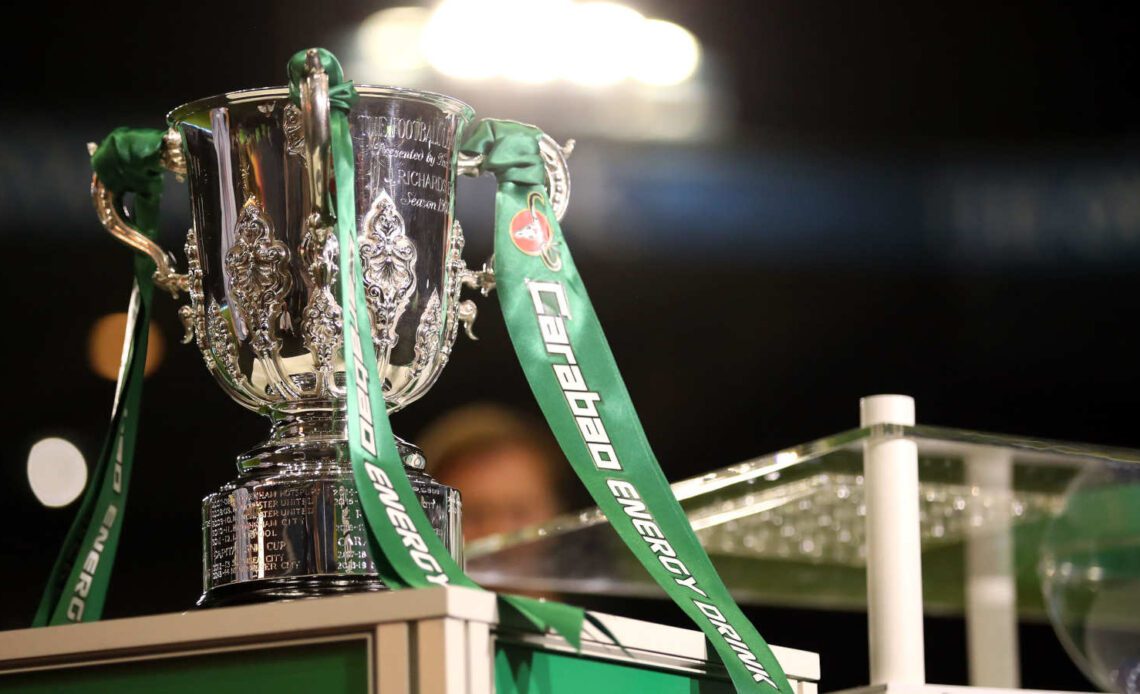The Carabao Cup feels like a tournament that football in England can’t really afford when the fixture list is almost terminally congested.
There’s a chance that you might have missed this, but the second round of the Carabao Cup was played this week. This hasn’t been for a lack of media coverage; matches have been shown live on Sky Sports, highlights on ITV, and there have been reports in the newspapers. But this season’s European qualifiers weren’t playing – they’re exempt until the next round – and it was hardly as though the other Premier League clubs being in the competition made it that exciting, either.
Crawley beat ‘Fulham’, Leicester City required a penalty shoot-out after only drawing 0-0 with EFL returnees Stockport County and a couple of other teams beat opposition from a division above, but broadly speaking this wasn’t a week of football to make the hairs on the back of your neck stand on end.
The Football League/EFL/Carabao Cup has been the runt of the English silverware litter since its inception in 1960, and that it came to exist at all was due to a perception of stormy waters ahead, By the end of the 1950s, Football League crowds were falling quite precipitously from a high reached in 1950 during the post-war boom. Many clubs had also installed floodlights during that decade, opening up dozens of new potential dates in the calendar for more matches.
The Football League had initially planned this competition in conjunction with a reorganisation to five divisions of 20 clubs, a supposed rebalancing of the game which never came to fruition after clubs voted it down, with Division Threes North & South being replaced by Divisions Three & Four instead, but the proposed cup competition stayed.
The League Cup wasn’t initially that popular. It was a two-legged tournament from start to finish – the two-legged semi-finals still held each year are the last hangover from that – and some of the bigger First Division clubs, including Manchester United, Arsenal and Spurs, simply refused to take part.
When the final was moved to Wembley for the 1967 final the competition’s standing rose. It also helped that its first three years at Wembley featured two huge surprises, with Third Division clubs QPR and Swindon Town beating First Division West Bromwich Albion and Arsenal at Wembley, in 1967 and 1969 respectively. The offer of a European place to its winners didn’t do any harm, either.
Now labouring under the name of its…
Click Here to Read the Full Original Article at Football365…

